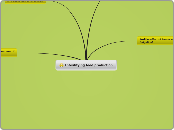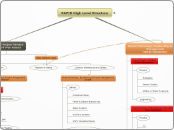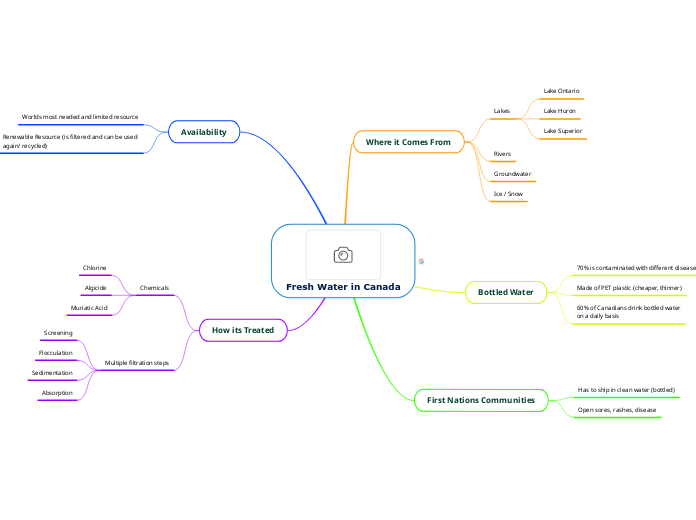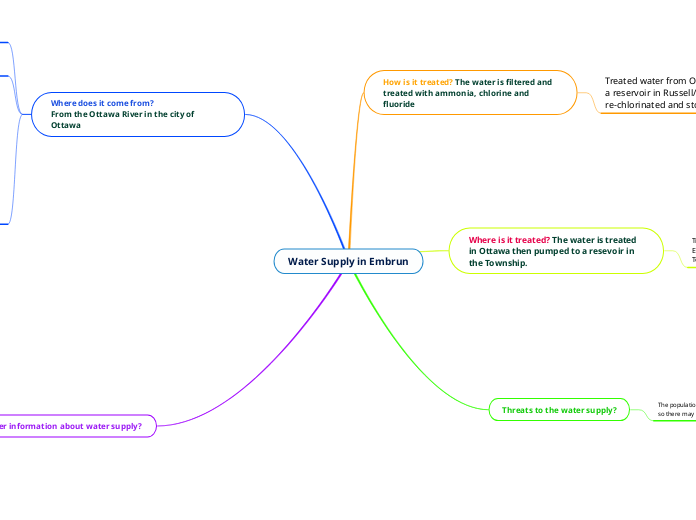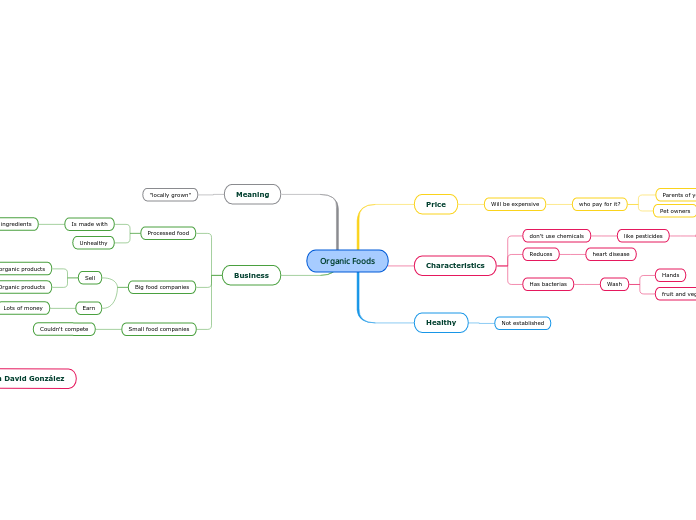Intestifying food production
Postive effect of Increased use of Chemicals!
Herbicides
- The use of fertilisers may encourage the growth of weeds, which are wild plants that compete for nutritients from the soil and hinder crop growth. Hence, the farmers used HERBICIDES, toxic chemicals used to destroy weeds!
Pesticides
Pesticides are toxic chemicals used to destroy pests which affect crop growth.
- They may be in the form of insecticides which kills insects or poison which get rid of other animals or pests that eat the crops.
e.g. INDIA, arsenic used by farmers to poison rats which attack rice crops.
Fertilisers
- Many farmers use fertilisers to help them providing nutritients for the soil to let the plants grow healthily.
- Chemical dividers can be dividen into : MACRONUTRIENTS and MICRONUTRIENTS.
-Macronutrients
=> mainly include nitrogen , potassium and phosphorus ( are often used in large quantities)
- Micronutrients
=> e.g boron, copper, manganese, iron and zinc. This chemicals can be mixed to meet the specific needs of crops and different soil types.
Increased use of Chemicals
Negative!
Water pollution
- Farmers may use excessive amounts of pesticides and herbicides to destroy pests and weeds!
- This chemicals may seep into the groundwater and the water eventually flows into the nearby water bodies such as rivers and cause WATER POLLUTION! (The contamination of water by substances that cause a reduction in the quality of water)
- This will kill the aquatic plants and animals and this also can cause peole that drink the water to get poisoned
Eutrophication in water bodies
- Excess chemical fertilizers used in farms may be washed by rain into the nearby rivers or lakes. THIS CAN CAUSE Eutrophication!!
---> the process by which excess fertilisers in water bodies cause the rapid growth of algae, reducing the oxygen supply available for other aquatic life. eventually, many aquatic plants and animals die from lack of oxygen.
Imbalance in Soil nutritients!
- Chemical fertilizers will not be able to restore all the nutritients that have been used up.
- Chemical fertilizers do not add HUMUS which is the organic substance formed from the decomposition of dead plants and animals ,which contributes to the fertility of the soil. Hence, this may cause the soil to lose its fertility in the long run.
Positive effect of Increased use of Irrigation!
Modern irrigation!!
- Irrigation is the practice of supplying water to the land through artificial means such as huge irrigation facilities --> human-made dykes, dams and canals, to divert water from water sources, such as rivers and reservoir, to farms.
- Irrigation enables farmers to control the amount of water supplied to crops. hence, it is usually practised in countries, such as Egypt, where rainfall is insufficient and such as India, that experience seasonal or irregular rainfall.
- This is to ensure that the crops receive enough water during the dry season.
Increased use of Irrigation
Negative
Waterlogging
- Too much water is used in the field causing the soil become saturated with water.
e.g. In India, farmers over- irrigate the land or use large amounts of irrigated water to wash excess salt from the land to reduce salination, caused air and nutritients that the crops need cannot reach the roots of the crops , causing them to witter and die! =O This causes crop output and food production to decrease!
Salination
Salination Of Soil!
- building up of salts within the soil
- take place when flood iirigation is carried out.
- caused of the excess of salt water that is used by the farmer to cover the surface of the field.
- Overtime, the salts in the soil build up, thus lowering the quality of the soil!
- Salination can also happen in areas where dams are constructed for irrigation.
e.g. 1. Egypt! = the construction of the Aswan High Dam across the River Nile disrupts the flow of water which leads to sediments and minerals being trapped in the reservoir behind the dam. when the water from the reservoir is used to irrigate the fields, it will increase the salinity of the soil caused the concentration of salts in the soil may become too high for most crops to grow well.
